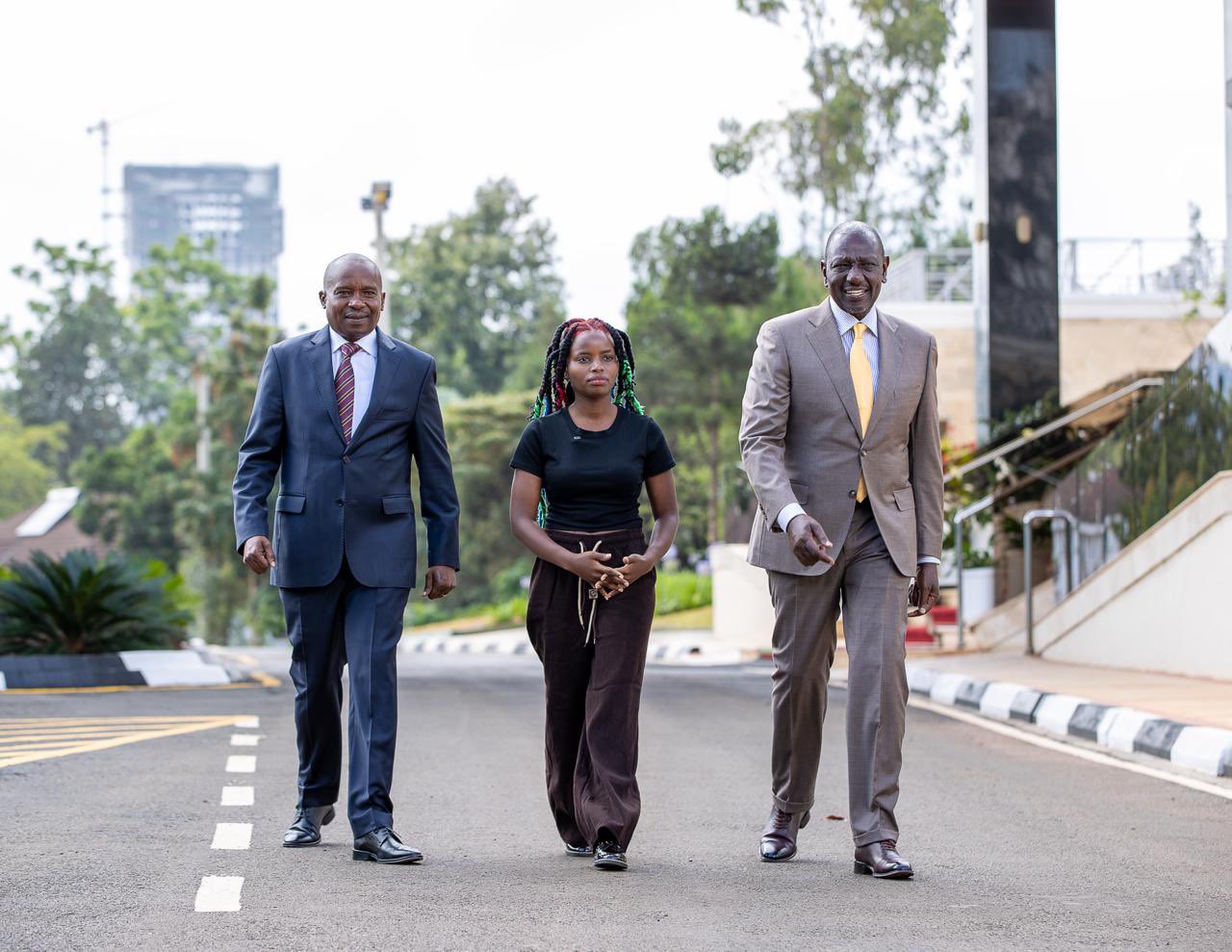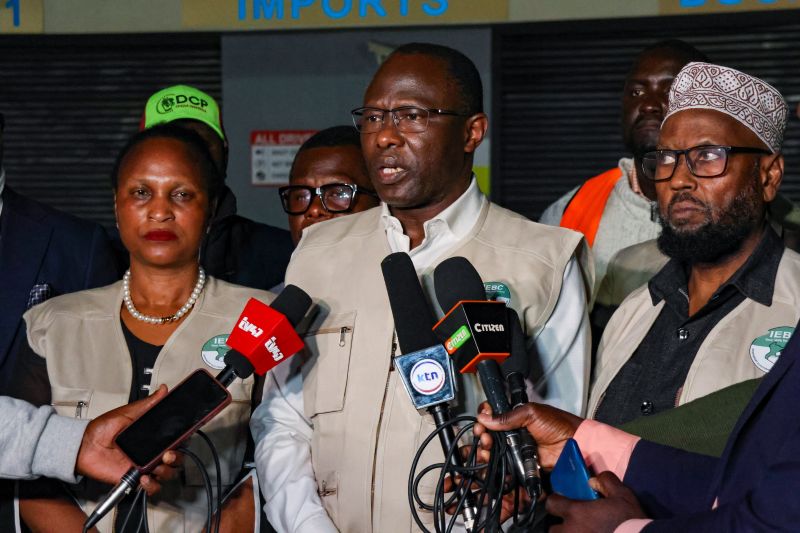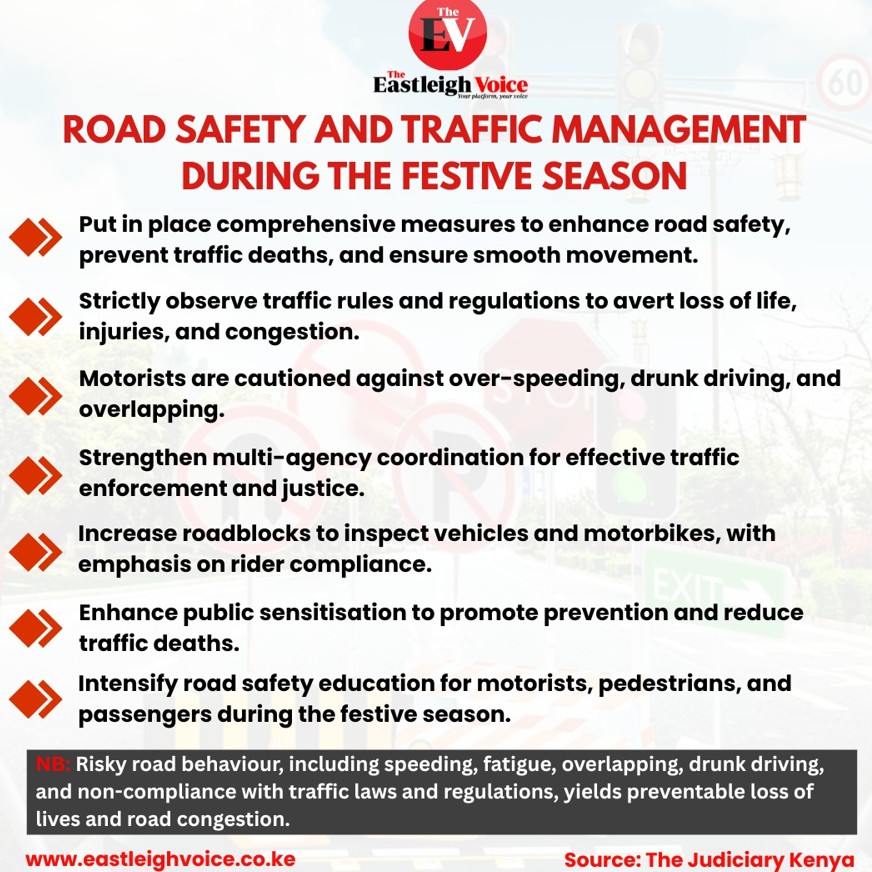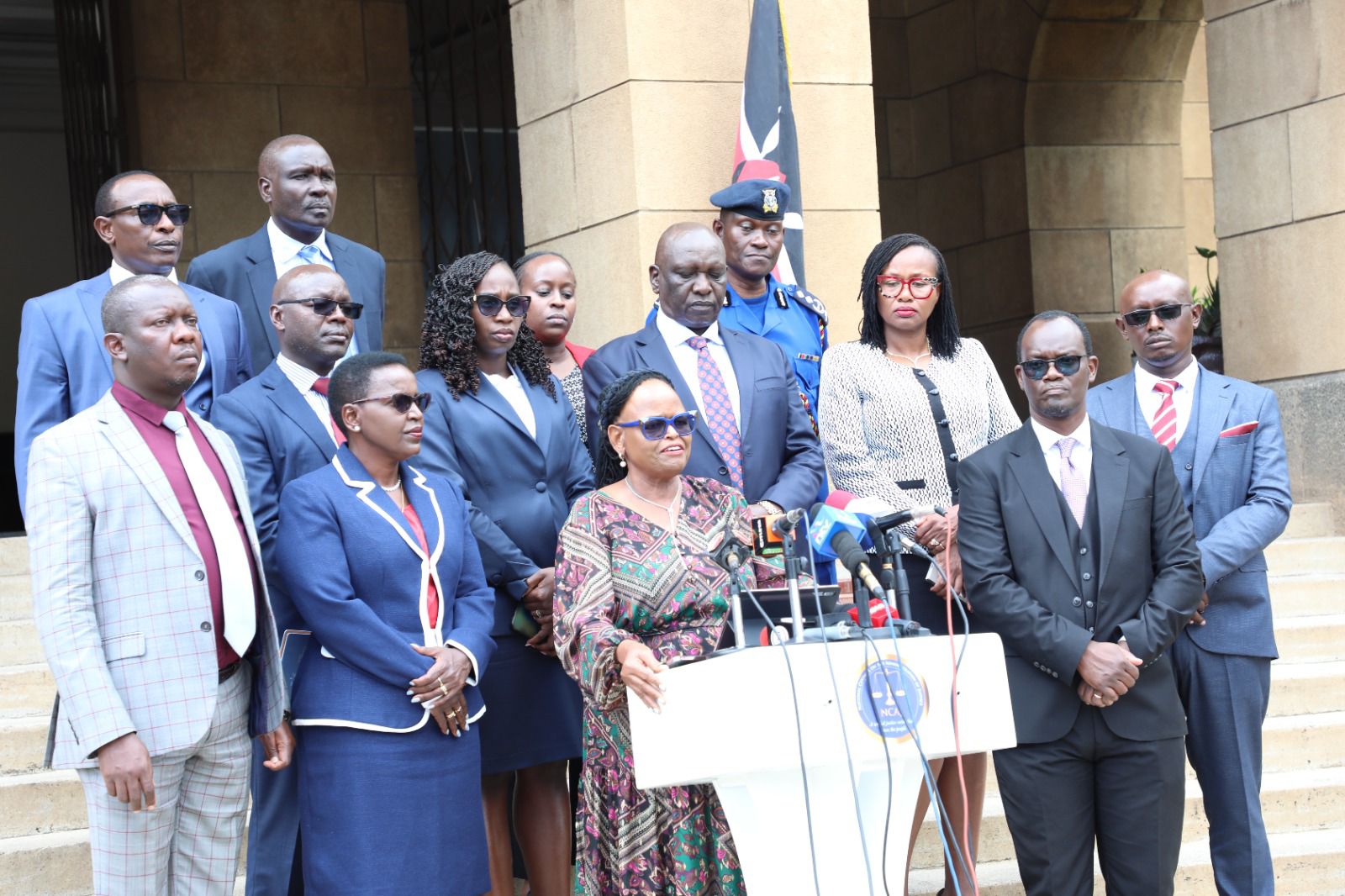Kenyan court suspends $350 levy on goods bound for South Sudan

Kifwa contends that the levy is unconstitutional and aims to challenge the directive compelling payment to a third-party entity.
Kenya's High Court has intervened in the ongoing dispute regarding the imposition of a $350 levy per container for goods destined for South Sudan. The court has issued a temporary levy suspension, pending further hearings on the matter.
In response to an urgent application from clearing agents represented by the Kenya International Freight and Warehousing Association (Kifwa), Justice Gregory Mutai issued an order to halt the implementation of the levy.
More To Read
- South Sudan grounds UNMISS aircraft over spy gear and smuggling allegations
- South Sudan health system on brink as conflict and cholera spread, MSF warns
- South Sudan deploys forces to secure Heglig oil field after Sudan RSF capture
- Gunman hijacks aid plane in South Sudan, arrested after safe landing in Wau
- Sexual violence driving mass flight from Sudan to South Sudan: What you need to know
- 1,000 weapon‑wounded patients treated in South Sudan hospitals this year - ICRC
The Mombasa Monitoring Station-National Revenue Authority of South Sudan has mandated the levy, according to Kifwa, the umbrella organization representing clearing agents, which requires payment to a private company in Uganda, Invesco Uganda Limited, for a tracking system known as the Electronic Cargo Tracking Note (ECTN).
"We operate under Kenyan laws and the East Africa Community Customs Management Act," stated a representative from Kifwa, emphasising their adherence to existing regulatory frameworks.
Kifwa contends that the levy is unconstitutional and aims to challenge the directive compelling payment to a third-party entity.
Kifwa argues that an efficient and free cargo monitoring system, the Regional Electronic Cargo Tracking System, already exists within East Africa, rendering the South Sudan ECTN redundant except for revenue collection purposes.
The court has instructed Kifwa to deliver case documents to the Mombasa Monitoring Station within three days, preparing for an inter-party hearing on April 9.
Kifwa seeks a declaration of the levy's unconstitutionality and an order to prohibit its enforcement by the Mombasa Monitoring Station of the National Revenue Authority of South Sudan.
In March, South Sudan announced stringent measures requiring all cargo passing through the Mombasa port to be tagged before leaving the country in a bid to curb the influx of illegal and undeclared goods.
The move aims to enhance revenue collection and tackle challenges such as underestimation, undervaluation, and diversion of cargo.
South Sudan's Minister of Finance and Planning, Bak Barnaba Chol, disclosed the new tracking measures to shippers, highlighting the implementation of the ECTN system.
"The sole purpose of the ECTN is to help the government of South Sudan maximise its revenue collection by remedying the challenges of underestimation, undervaluation, diversion of cargo, and round-tripping," Dr Chol stated.
Importers and exporters will be required to pay a $350 service charge to the agent handling the ECTN process.
South Sudan's decision to implement stricter cargo tracking measures comes in response to ongoing challenges with illegal goods entering the country.
In 2022, the National Ministry of Trade and Industry raised concerns about the illegal entry of expired and substandard goods. Last October, the National Bureau of Standards confiscated 62 trucks allegedly carrying aflatoxin-contaminated grains.
Annually, South Sudan exports over 1.5 million metric tonnes of goods through Uganda from the port of Mombasa.
Top Stories Today













































